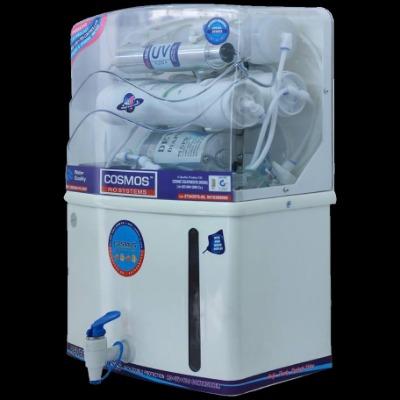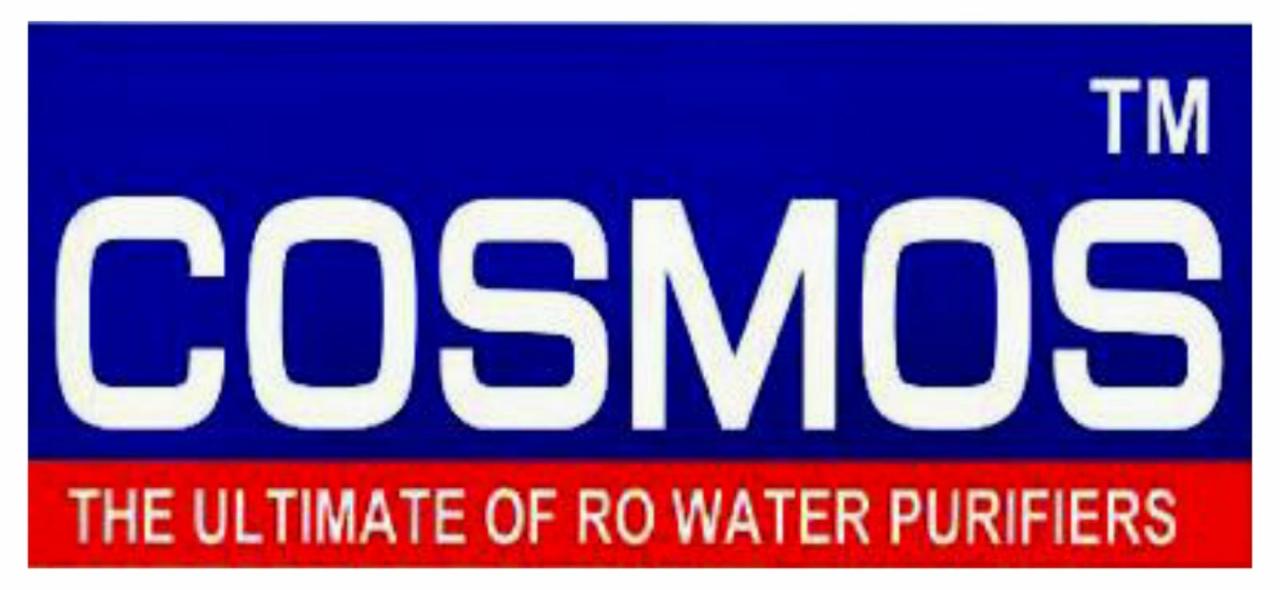Do Water Purifiers Waste Water?
Water purifiers are widely used to ensure clean and safe drinking water, but have you ever wondered if they waste water in the process? In this article, we will explore the concept of water wastage in water purifiers, how they work, factors affecting water wastage, methods to reduce wastage, and the importance of water conservation. By the end, you will have a better understanding of whether water purifiers waste water and what steps you can take to minimize wastage.
Introduction
Water purifiers have become a necessity in many households and offices, primarily due to the increasing concerns about water quality. They help remove impurities, chemicals, and harmful contaminants from tap water, making it safe for consumption. However, one common question that arises is whether these water purifiers waste water in the purification process.
What is a Water Purifier?
Before we delve into the issue of water wastage, it’s essential to understand what a water purifier is. A water purifier is a device or system designed to remove impurities, sediments, bacteria, viruses, and other contaminants from water. It enhances the quality of drinking water by reducing the levels of pollutants and improving taste and odor.
Types of Water Purifiers
There are various types of water purifiers available in the market, each utilizing different technologies to purify water. Some common types include:
- Reverse Osmosis (RO) Purifiers
- Ultraviolet (UV) Purifiers
- Activated Carbon Purifiers
- Gravity-based Purifiers
- Ion Exchange Purifiers
How Do Water Purifiers Work?
Water purifiers employ different mechanisms to eliminate impurities. Reverse osmosis purifiers use a semipermeable membrane that filters out contaminants, while UV purifiers use ultraviolet light to disinfect water by killing bacteria and viruses. Activated carbon purifiers absorb pollutants through activated carbon filters, and ion exchange purifiers exchange ions to remove impurities.
The Issue of Water Wastage
Water wastage in water purifiers occurs during the purification process. It is primarily associated with reverse osmosis purifiers, as they require a higher volume of water to operate effectively. RO purifiers work by pushing water through a semipermeable membrane, separating contaminants from clean water. However, this process generates wastewater, which carries the impurities that are removed from the water.
Factors Affecting Water Wastage
Several factors influence the amount of water wasted by a water purifier:
- Water Pressure: Higher water pressure can lead to increased water wastage, as more water is forced through the membrane.
- Purifier Efficiency: The efficiency of the water purifier affects the amount of wastewater generated. Higher efficiency systems tend to waste less water.
- Water Quality: The quality of the input water affects the purifier’s efficiency. Higher levels of impurities may require more water to be filtered, leading to increased wastage.
- Purifier Maintenance: Regular maintenance, such as timely replacement of filters, ensures optimal functioning and reduces water wastage.
Efficiency of Water Purifiers
Water purifiers vary in their efficiency in terms of water wastage. Some advanced models are designed to minimize water wastage by employing innovative technologies. For example, certain RO purifiers feature a water-saving technology that reduces wastewater production by recirculating rejected water back into the purification process. This not only helps conserve water but also ensures efficient utilization of resources
Methods to Reduce Water Wastage
While water wastage is an inherent part of the purification process, there are steps you can take to minimize it:
- Choose the Right Purifier: Consider the water quality in your area and select a purifier that suits your needs without excessive wastage. Different technologies have varying water wastage levels, so research thoroughly before making a purchase.
- Optimize Water Pressure: Adjust the water pressure according to the manufacturer’s recommendations. Excessively high water pressure can lead to increased wastage, so ensure it is set at an optimal level.
- Regular Maintenance: Follow the maintenance schedule provided by the manufacturer to ensure the purifier operates efficiently. This includes replacing filters, cleaning components, and addressing any issues promptly.
- Reuse Wastewater: Consider collecting and reusing the wastewater for non-drinking purposes such as watering plants, cleaning, or flushing toilets. This can help offset some of the wastage and contribute to water conservation efforts.
Importance of Water Conservation
Water conservation is crucial for both environmental sustainability and personal responsibility. While water purifiers may produce wastewater, it is essential to remember that the overall benefits of having clean and safe drinking water outweigh the water wastage concerns. By using water responsibly, we can contribute to preserving this precious resource for future generations.
Pros and Cons of Water Purifiers
Water purifiers offer numerous advantages, such as:
- Improved Water Quality: Purifiers remove impurities, chemicals, and contaminants, ensuring clean and safe drinking water.
- Enhanced Taste and Odor: Purified water often tastes and smells better than tap water, making it more enjoyable to consume.
- Health Benefits: By eliminating harmful pollutants, water purifiers can contribute to better overall health and well-being.
Nonetheless, it is crucial to contemplate the possible disadvantages:
- Water Wastage: Some types of water purifiers, particularly RO systems, can generate wastewater, leading to concerns about water wastage.
- Initial and Maintenance Costs: Water purifiers require an initial investment, and periodic maintenance costs should be factored in.
- Energy Consumption: Certain types of purifiers, such as RO systems, consume electricity to operate, which adds to energy consumption.
Conclusion
Water purifiers play a vital role in ensuring access to clean and safe drinking water. While some purifiers, particularly those using reverse osmosis technology, may generate wastewater, their overall benefits outweigh the concerns of water wastage. By understanding the factors affecting water wastage and implementing measures to minimize it, we can strike a balance between water purification and conservation. It is important to choose the right purifier for your needs, optimize water pressure, and regularly maintain the system to reduce wastage. Additionally, reusing wastewater for non-drinking purposes can further contribute to water conservation efforts.
In conclusion, water purifiers are effective in removing impurities and ensuring safe drinking water. While some purifiers may produce wastewater, it is crucial to consider the overall benefits they provide. By implementing measures to minimize water wastage and practicing responsible water usage, we can enjoy the advantages of purified water while contributing to water conservation.

